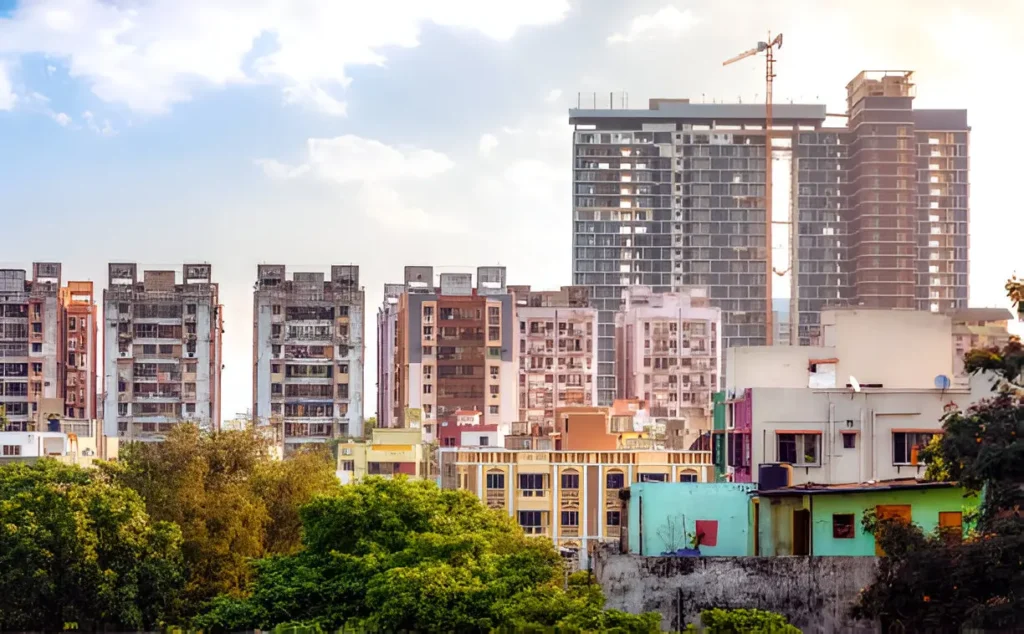Rehabilitation is a journey of healing, not only for the individual but also for the family. In India, where strong family bonds and community support play a central role, choosing the right rehabilitation centre is one of the most important decisions for long-term recovery.
Over the years, awareness about rehabilitation has grown. Families are now more open to seeking professional help and are willing to explore centres beyond their own city. Among the most preferred destinations are Mumbai and Pune. Both cities are in Maharashtra, but they offer very different experiences. Comparing the two can help families make better choices.
Rehabilitation in Mumbai: Services in a Fast-Paced City
Mumbai, the financial and cultural hub of India, is home to a wide range of rehabilitation centres. The variety here reflects the city’s size and diversity.
- Accessibility: With excellent road, rail, and air connections, families find it easy to reach centres in Mumbai. Regular visits become more convenient for working professionals.
- Range of Facilities: Being a large metro, the city has multiple centres catering to different needs, from premium facilities to smaller community-based ones.
- Professional Expertise: An alcohol rehabilitation centre Mumbai often attracts experienced doctors, counsellors, and therapists, given the city’s healthcare strength.
However, the city’s fast-paced lifestyle can feel overwhelming. Recovery in Mumbai requires centres to create peaceful, controlled spaces within the urban environment.
Rehabilitation in Pune: Calm and Supportive Surroundings
Just a few hours away, Pune offers a contrasting atmosphere. Known as an educational and cultural hub, the city provides a calmer, greener, and more relaxed environment.
- Peaceful Setting: The relatively slower pace of life creates an ideal background for healing.
- Structured Programmes: Many centres here focus on discipline, routine, and balanced therapy schedules.
- Accessibility from Mumbai: Families often choose Pune because it is close enough for regular visits, yet far enough to give individuals personal space.
An alcohol rehabilitation centre Pune may not offer as many options as Mumbai, but the centres available are often appreciated for their calm and structured approach.
Facilities and Infrastructure
- Mumbai: Centres here often provide modern facilities—private rooms, therapy halls, indoor recreation spaces—designed for urban convenience.
- Pune: Infrastructure highlights greenery and open spaces. Simplicity and nature are often part of the therapeutic environment.
The choice depends on whether a family prefers modern comfort or natural calm.
Cost and Affordability
Cost is another factor to consider. Mumbai, being a metro, generally has higher operational expenses, and this reflects in the fees. Pune, on the other hand, usually offers more affordable options without compromising on quality.
Community and Peer Support
Community involvement can strengthen the recovery process.
- In Mumbai, larger and more diverse groups provide exposure to many life experiences, which can be motivating.
- In Pune, smaller peer groups create a close-knit atmosphere where individuals can build deeper bonds.
Key Considerations Before Choosing
When comparing cities, families should focus on:
- Type of programmes offered
- Quality of staff and counsellors
- Environment (urban or calm)
- Cost and budget
- Family involvement opportunities
- Aftercare support
The decision should always be about finding the right match between the individual’s needs and the centre’s approach.
Conclusion
Both Mumbai and Pune offer strong rehabilitation options, but the experience differs. A centre in Mumbai ensures variety, accessibility, and professional expertise. A centre in Pune provides calm surroundings, structured schedules, and affordability.
For some, the fast-paced yet resourceful setting of an alcohol rehabilitation centre Mumbai works best. For others, the quieter, routine-focused approach of an alcohol rehabilitation centre Pune supports deeper healing.
Ultimately, the right choice is the one where the environment, programme, and people align with the individual’s journey towards recovery.


